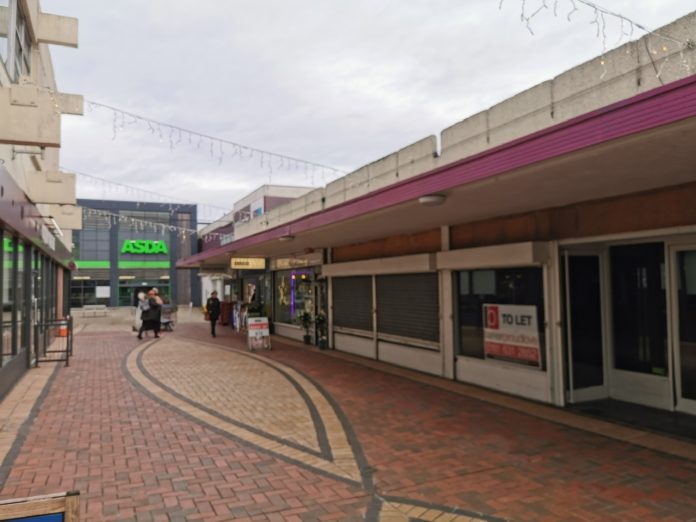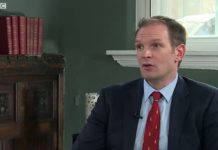A new report out says that when it comes to regional inequality, we’re moving backwards.
And it’s families in the north of England who have been hit hardest, losing over £1300 in yearly income since 2015.
The analysis by the National Economic Foundation found that prior to the pandemic between 2015 and 2019, the average household in the north-east saw their income fall by nearly £1000. In contrast, households in the south-east and east of England were slightly better off, by an average of £130 and £180, respectively.
In 2019, Boris Johnson was elected with a promise to “level up the country” – meaning, to improve the economic prospects of previously deprived regions.
The reality did not, however, meet the rhetoric. Instead, inflation outstripped wage growth across the board, making households in all regions poorer.
This government contributed by refusing real-terms pay rises for public sector workers and by continuing to underinvest in the economy it was unable to stop prices rising faster than incomes in both public and private sectors leaving everybody worse off.
The results show that households in every region have seen their yearly incomes fall by roughly £800‑1000 since Johnson took power in 2019. Combined with the losses from 2015, this has lost households in many regions (including all of the north of England) over £1300 compared to their yearly income in 2015.
Finally they say the tax cuts in last month’s autumn statement have only made the situation worse.
The cuts have been funded by real-term cuts to public services. While households may be gaining a few hundred pounds, this will come at the cost of lower-quality public services in the future, along with likely further public sector wage cuts and wider negative effects austerity has on the economy.
Hannah Peaker, Director of Policy and Advocacy at NEF said:
“Levelling down was never in the manifestos, but the facts speak for themselves: we are all poorer because of decisions made by successive Conservative Prime Ministers since 2015, and today’s Autumn Statement gives us no reason to think things will get any better.”
“In two years, the cost of energy leapt 49% and the cost of food is up 29% with prices still rising. For the most vulnerable families, this is a living standards disaster. A small cut to National Insurance will provide little relief, and it will benefit the wealthiest households and regions the most – at the same time as forcing further cuts to our already fragile public services.”
“In the long run, any plan to tackle these issues needs to grasp the fundamental drivers of regional inequalities, which will require giving local areas the powers and funding to make long-term investments in things like housing, transport and places. But in the short term, more should be done to help families through the social security system, instead of putting them under further pressure of sanctions. NEF’s proposal for a Living Income would ensure an income floor that reflects the true cost of living for families.”
Dominic Caddick, Economist at NEF, said:
“This would be an indictment of any government, let alone one for whom “levelling up” is at the heart of its agenda. The families and places that were already poorest have continued to fall even further behind the rest of the country.
“This analysis shows the social safety net is in tatters. We need to completely reimagine the way we support the most vulnerable in our society. We need a living income to help people deal with the challenges and opportunities presented by the fast-changing economy we’re all living in.”







